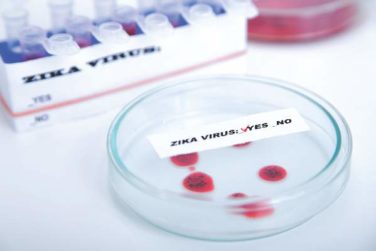FROM CANCER
Young male cancer patients are significantly more likely than female cancer patients to be involved in discussions around fertility preservation and more than four times as likely to make arrangements for fertility preservation, a study has found.
The survey of 459 adolescent and young adult cancer patients revealed that 80% of males and 74% of females had been told that their cancer therapy might affect their fertility, with more than half the male patients and around 17% of female patients classified as being at intermediate or high risk for fertility effects from treatment.
According to the paper published online July 27 in Cancer, having a medical oncologist increased the likelihood that fertility effects were discussed but males with children or who were diagnosed with lymphoma, acute lymphocytic leukemia, or sarcoma were less likely to have fertility issues raised.
In female patients, those who were younger at diagnosis, were Hispanic or non-Hispanic black, or who had less than a college degree or government insurance were also less likely to be told that their treatment might impact their fertility.
Overall, 71% of males and 44 % of females discussed fertility preservation, and 31% of males and 6.8% of females made arrangements for fertility preservation (Cancer 2015 July 27 [ doi:10.1002/cncr.29328 ]).
“The access-related and health-related reasons for not making arrangements for fertility preservation reported by participants in the current study further highlight the need for decreased cost, improved insurance coverage, and partnerships between cancer health care providers and fertility experts to develop strategies that increase awareness of fertility preservation options and decrease delays in cancer therapy as fertility preservation for adolescent and young adult patients with cancer improves,” wrote Dr. Margarett Shnorhavorian, from the Seattle Children’s Hospital, and coauthors.
The study was supported by grants from the National Cancer Institute and the National Institutes of Health. Two authors declared National Cancer Institute grants but there were no other conflicts of interest declared.




